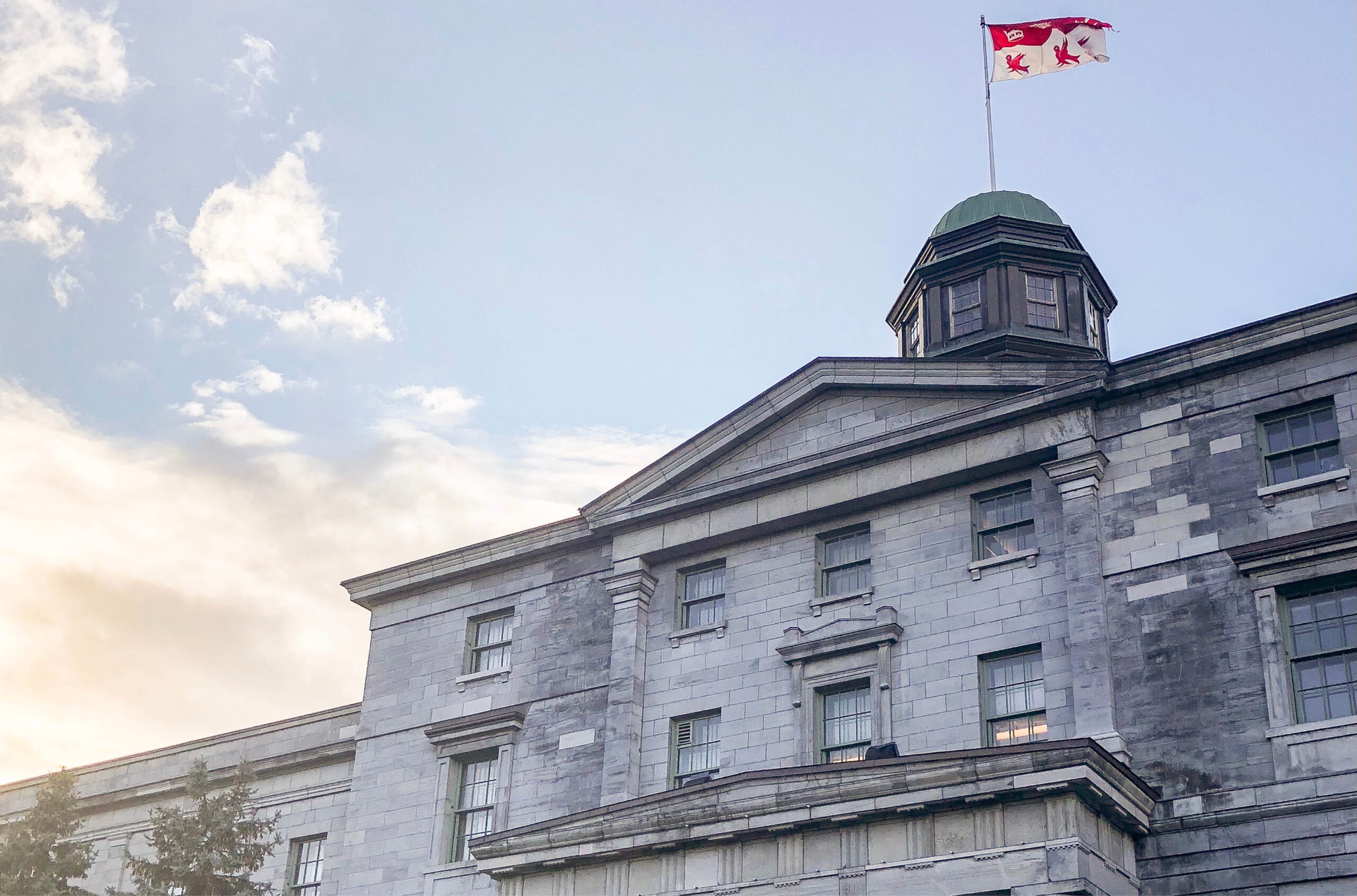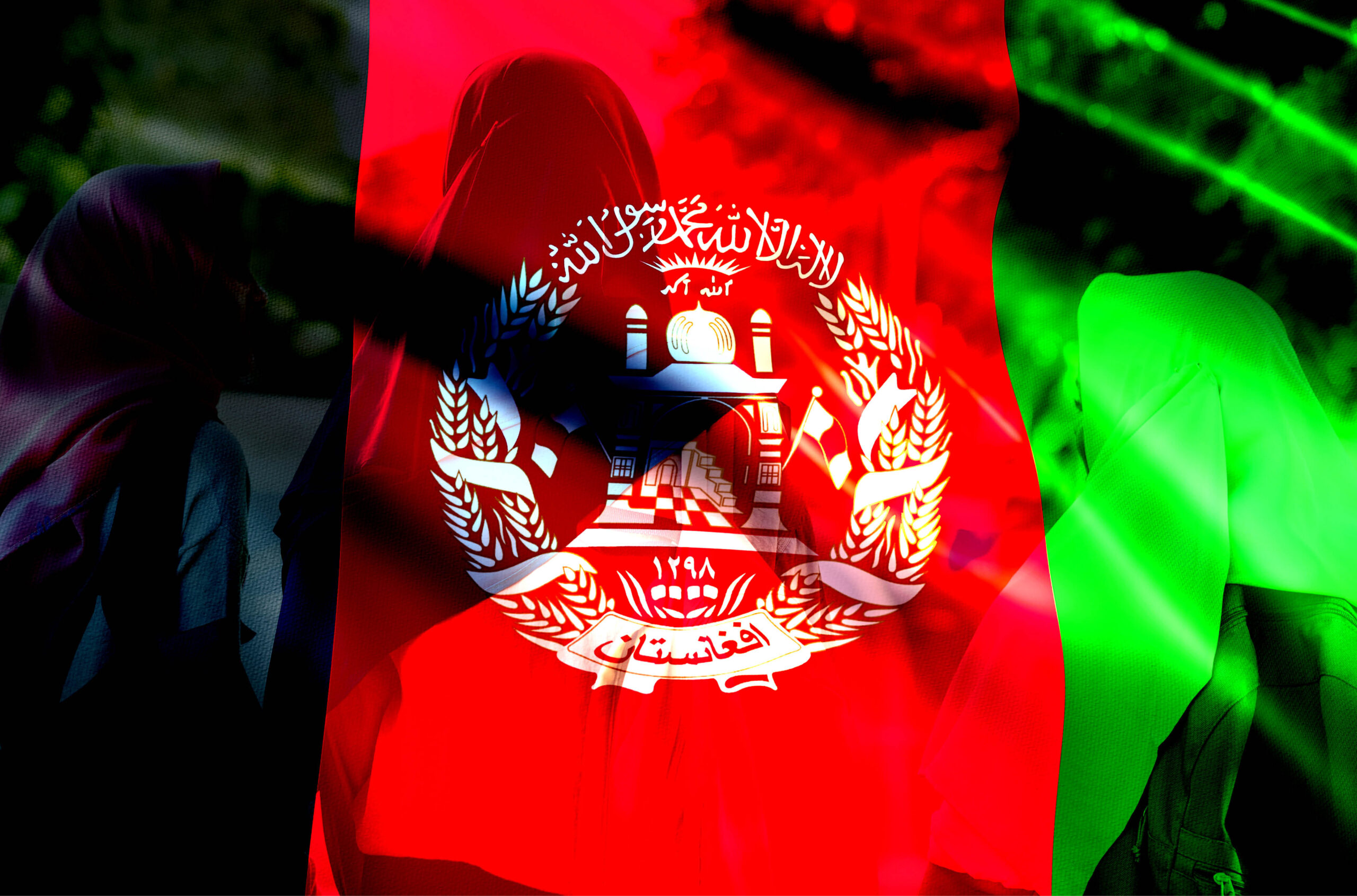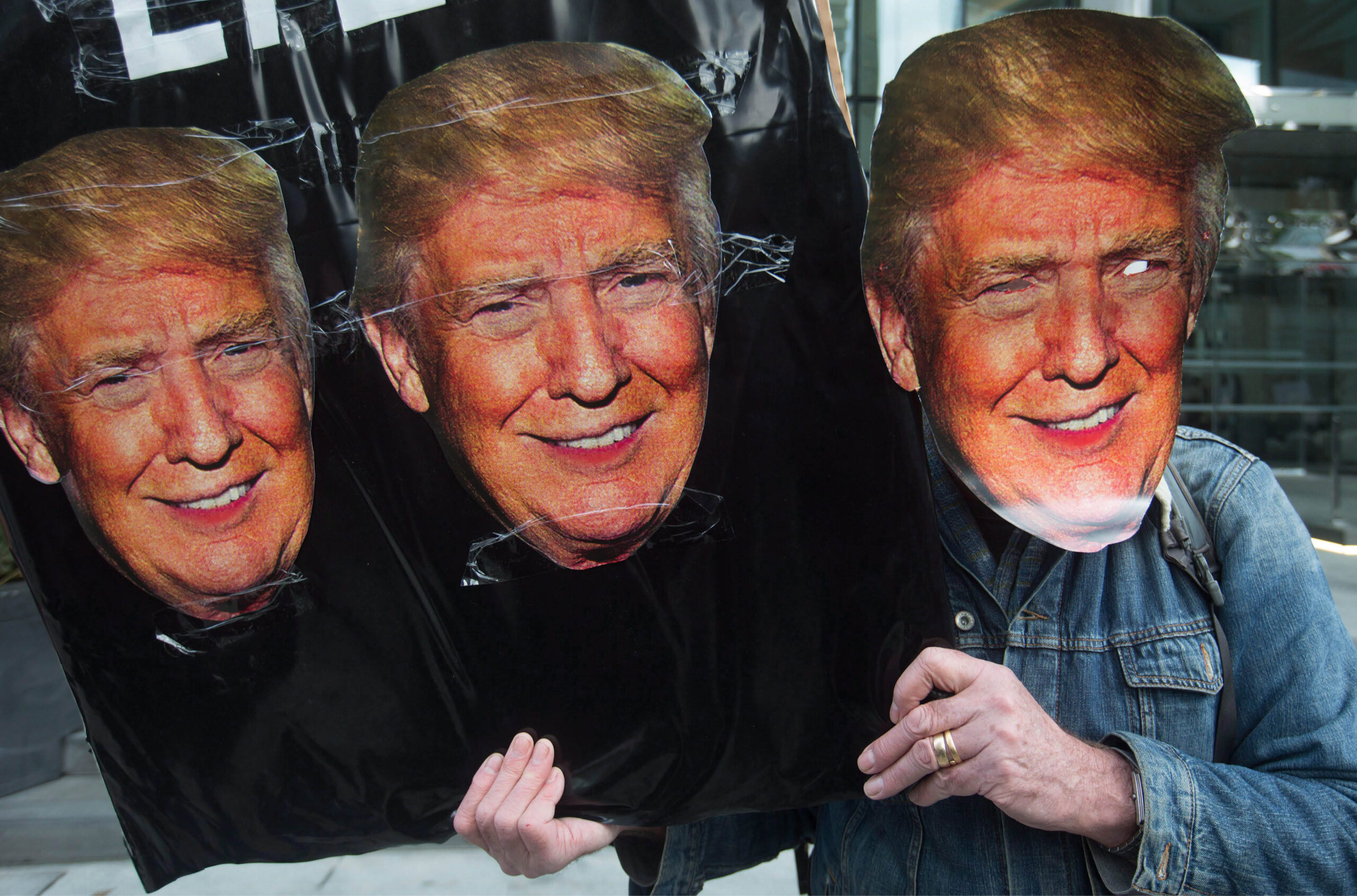Faculty challenge of Quebec labour bill a rare constitutional move
McGill professors say academic freedom is at stake.

When a coalition of McGill University professors came together to fight the Quebec government in court, they ventured into rare legal territory: Academics initiating constitutional challenges against the state are virtually unheard of in Canada.
Yet four newly established faculty unions, representing more than 500 professors, recently filed an application for judicial review in Quebec Superior Court, seeking an order for provincial government to repeal its anti-strike legislation.
The McGill professors’ court application, filed in Montreal on July 30, asserts that the Coalition Avenir Quebec government’s Bill 89, passed in May, violates the constitutional right to strike established by the Supreme Court of Canada in 2015.
“You can certainly qualify what we are doing as taking an unusual step,” says Evan Fox-Decent, a law professor and president of the Association of McGill Professors of Law, one of the four associations involved in the legal challenge. The other associations in the group — collectively called the Confederation of Faculty Associations of McGill (COFAM) — represent academics in the School of Continuing Studies, the Faculty of Arts, and the Faculty of Education.
“There is no better placed confederation of unions to launch this challenge because COFAM’s unions are right now bargaining their first collective agreements, and three out of four of them are in a strike position that would be severely compromised if the legislation remains in force,” Dr. Fox-Decent added.
Professors flex their litigation muscle
In Canada, higher education’s constitutional challenges are normally initiated by umbrella federations such as provincial labour organizations, and faculty unions sometimes sign on, says Sibel Ataogul, the lawyer for COFAM.
Adam King, a labour specialist at the University of Manitoba, notes that faculty traditionally haven’t been the drivers of constitutional court fights with governments, but they have taken part in monumental cases, including legal fights in Manitoba and Ontario over government-imposed wage restraints that capped public-sector wage increases in both provinces. Labour federations initiated the challenges in both cases; they lost in Manitoba in 2021 and won in Ontario in 2024.
University administrators have also been known to take the government to court — as McGill and Concordia universities did last year in a successful challenge to provincial legislation that dramatically hiked tuition for out-of-province and international students.
Ms. Ataogul says the professorial exercise of litigation muscle is a logical progression given that, as higher education becomes more corporate, faculty are increasingly clashing with governments and, in some cases, university administrations, over a lack of autonomy and input.
“Lately, the clashes have become more intense, so people are going to fight back,” she says.
Dr. Fox-Decent notes the legal recourse is taking place in a climate in North America “in which autonomy of university faculty is under attack south of the border.” There has been a surge in legal challenges in the United States this year in response to President Donald Trump’s agenda to overhaul higher education. University administrators and faculty at elite institutions have sought recourse for everything from cancelled research grants to bans on diversity, equity and inclusion programs and efforts to deport non-citizen professors and students who participated in pro-Palestinian protests.
“We see sadly, south of the border, what the future could look like as universities are being pushed by governments to toe the line and no longer be places where we’re having the robust debate of ideas,” says Richard Janda, a McGill law professor and negotiator for the law professors’ association.
Anti-strike law also threatens academic freedom, profs argue
Mr. Janda says the motivation to challenge Quebec’s legislation is two-fold: It’s the right thing to do for all unionized workers in the province, and it affects faculty in an additional way by threatening academic freedom.
“University faculty, particularly law faculty, have kind of a responsibility when it comes to the defence of constitutional rights, particularly constitutional rights that are being violated in respect of us,” Mr. Janda says.
The legislation, entitled “An Act to give greater consideration to the needs of the population in the event of a strike or a lock-out,” takes effect in November. Bill 89 gives the provincial government wide latitude to designate services as necessary “to the well-being of the population” — over and above the services already deemed essential, such as health care and emergency response — and to declare that those services cannot be withdrawn during a strike. If mediation to end a labour dispute fails, the minister of labour can put an end to a strike by sending the two sides to arbitration.
Mr. Janda says Bill 89 not only jeopardizes the right to strike of all unionized workers in Quebec, but it also threatens academic freedom because giving the government latitude to decide on a case-by-case basis what services must remain in place during a labour dispute potentially robs professors of their freedom by preventing them from taking job action.
Barry Eidlin, a McGill expert on labour movements and vice president of the Association of McGill Professors of the Faculty of Arts, says it’s “entirely within the purview of the law” that striking professors “could somehow be declared essential workers and ordered back to work.”
The faculty associations argue in their court application that the bill uses “vague terminology with no clear legal definitions provided,” and violates an established right to strike that is protected by the freedom-of-expression guarantees in the Charter of Rights.
Quebec’s legislation is “clearly overbroad” in the vaguely worded language it contains to give the provincial government wide discretion to end strikes, agrees the University of Manitoba’s Dr. King. “Somebody was going to challenge it and the fact that it’s a faculty union is an interesting twist,” Dr. King says.
A background of labour strife
The McGill professors’ legal challenge follows a tumultuous few years of labour strife for the four newly established associations at the Montreal university. The law faculty association, the first to unionize, faced a legal challenge from the university over certification in late 2022. The professors walked off the job in the spring of 2024 and resumed the strike when students returned for the fall term, citing the university’s failure to negotiate the association’s first collective agreement. They are currently in contract negotiations and academic freedom is one of the issues on the table. Those legal challenges gave the associations some experience and expertise that could come in useful in their current fight.
“A lot of people had come to the conclusion that the Quebec legislation is unconstitutional, but no one had taken the challenge,” Mr. Janda says. “It might just be frankly an interesting happenstance if us having to go to court on a number of occasions led us to saying if this is going to affect us and nobody else has taken the challenge why shouldn’t we?”
Public supports strike intervention
While the professors’ legal application asserts Bill 89 has sent shockwaves through the labour movement in the province, the majority of the Quebec public appears to support the legislation.
A Leger survey conducted last March for the Canadian Federation of Independent Business suggested 70 per cent of Quebecers think the government should have the power to intervene in public-sector labour disputes.
When Labour Minister Jean Boulet introduced his bill earlier this year, he described Quebec as the strike “champion” of Canada. The University of Manitoba’s Dr. King says Quebec is “strike happy,” accounting for at least half of the walkouts in Canada annually.
The faculty challenge is the latest test of the Supreme Court of Canada’s 2015 decision that declared the right to strike is constitutionally protected under the freedom of association guarantees in the Charter of Rights. It is being fought against a backdrop of increasing tension between unions and employers in the 10 years since the landmark ruling.
The application for judicial review is not expected to be heard for months or perhaps longer. Mr. Boulet has not commented on the legal challenge, saying it is before the courts.








Post a comment
University Affairs moderates all comments according to the following guidelines. If approved, comments generally appear within one business day. We may republish particularly insightful remarks in our print edition or elsewhere.